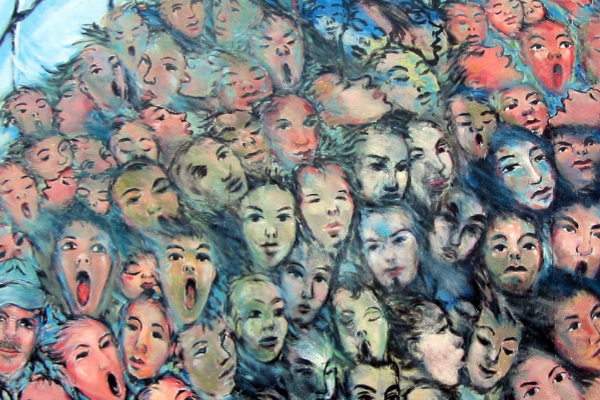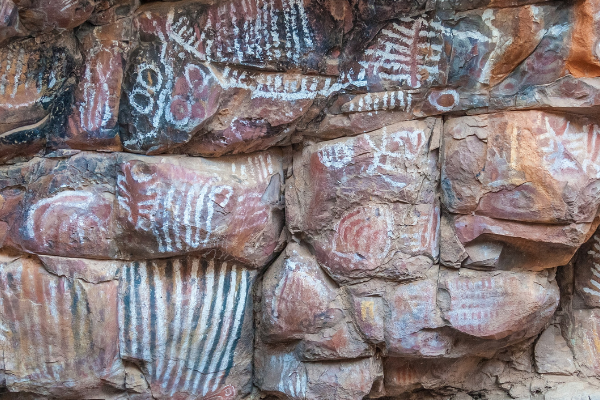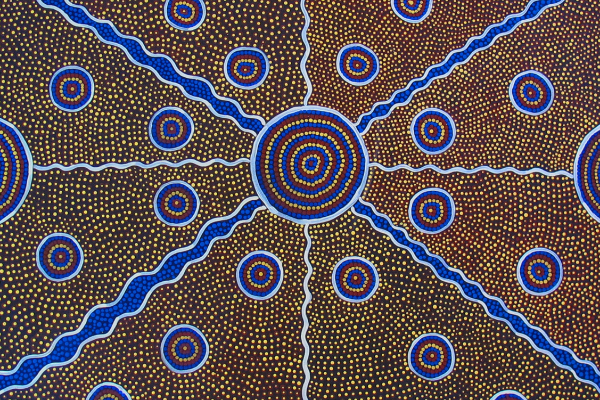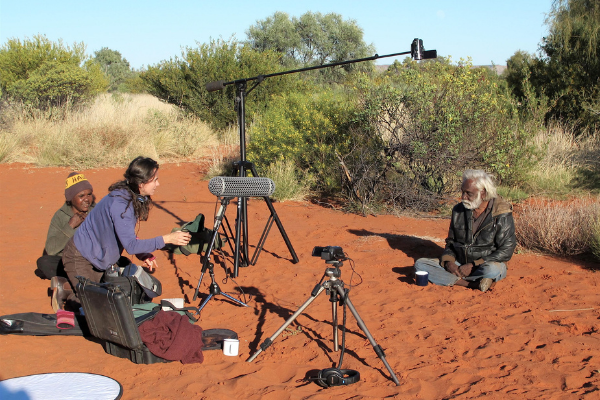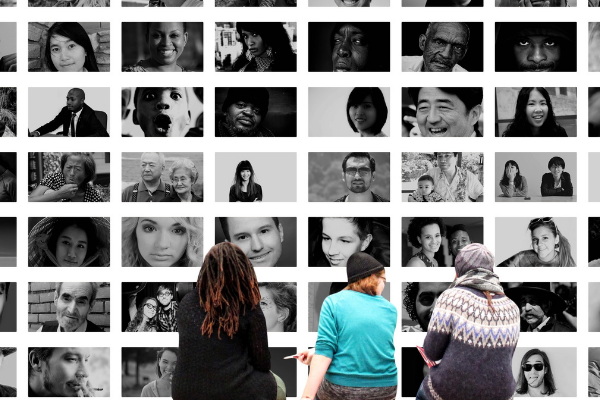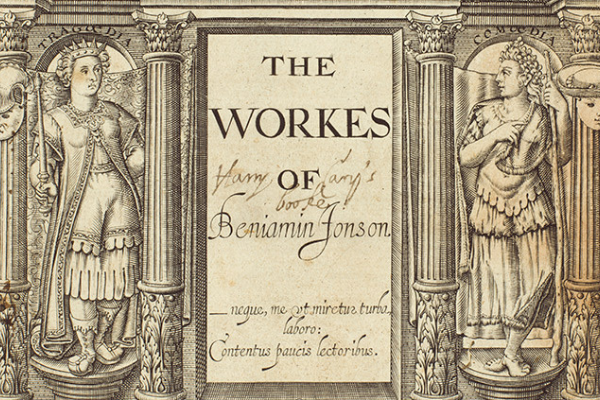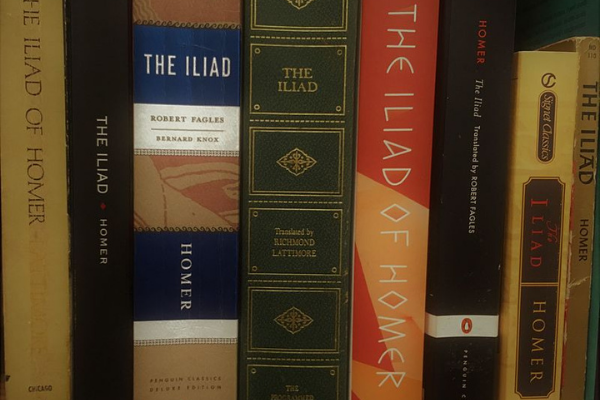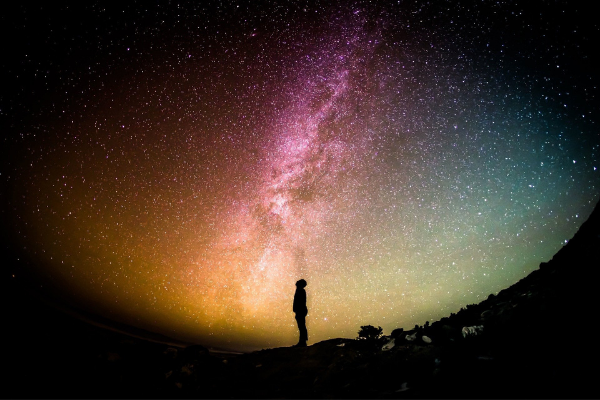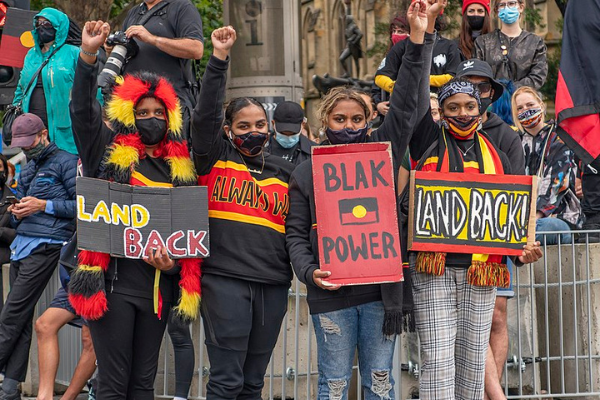East German literature remains overlooked in reunified Germany, with many eastern writers and artists still marginalised. But ongoing contributions from here in Australia may help shift that.
Power of the humanities
Explore stories about the social benefits and impact of the Humanities and the remarkable outcomes that can be achieved when humanities researchers collaborate on national and global challenges. Visit our Newsroom to explore stories about our people, community and research.
Australia is one of the world’s most multicultural nations in the world. Discover how humanities researchers have played a pivotal role in reshaping understandings of national identity and culture, identifying and addressing some of the nation’s systemic inequalities, and helping Australia reposition itself at a time of rapid change and geopolitical turbulence.
Aboriginal and Torres Strait Islander art is critically acclaimed at home and internationally, but until the middle of last century, it was often displayed in an ethnographic context instead of artistically. Learn how curators, activists, artists and community elevated these important artforms and transformed contemporary Australian art.
Australia has much to learn from Aboriginal land management practices, especially as we enter another season of bushfires, drought and extreme weather events. Archaeological and historical research shows just how extensively Aboriginal cultures used fire and expert agricultural strategies for over 65,000 years, and how we might re-adopt these historically proven approaches.
English speakers often mistook Aboriginal English as “broken” or incorrect English, but research in the 20th century showed that Aboriginal English, Australian Kriol and Torres Strait Islander Yumplatok are all fully-fledged dialects, now recognised in language programs, on the radio, in publishing and policy work.
Evidence shows that language does indeed influence many things, including speakers’ conceptions of physical space and other abstract ideas like time and kinship. Explore the linguistic studies of the past and present that are helping scholars understand language’s diverse impact on human thought.
How can museums in Australia and other settler societies rework their collections and outreach to provide opportunities for Indigenous Australians to remake “connections, meaning and memory between objects, culture and history”?
Subaltern studies remains relevant today as new classes of subaltern people – such as refugees – emerge, but where did this field of study come from and how has it been used in the past?
He supped with the Gunpowder Plot conspirators, was almost hanged after killing a fellow actor in a sword fight, and wrote a satirical play that led to the closure of London’s theatres for months, but you may have never heard of him. Thanks to extensive research and new editions, the striking and bold theatrical works of Ben Jonson, can now retake their place next to Shakespeare’s.
In Homer’s time, epic poems like the Iliad were composed and performed, not written down. So how exactly did oral poets remember all those lines, and why do these poems have such enduring appeal? Australian classicist Elizabeth Minchin’s work in cognitive psychology and linguistics may hold some answers.
Take a bigger look at human history – no, bigger! The wide long lens of Big History exposes larger patterns and trends, starting all the way back at the Big Bang. It’s hoped this “story of everything” approach will unify us across cultures, and help address complex global problems into the future.
Eddie Mabo learnt that his family’s ownership of ancestral land on Mer Island, in the Torres Strait, was not recognised by Australian law over a sandwich on a university bench in the 1970s. Find out how this conversation eventually led to the High Court’s historic recognition of Indigenous native title in the 1992 Mabo decision.

